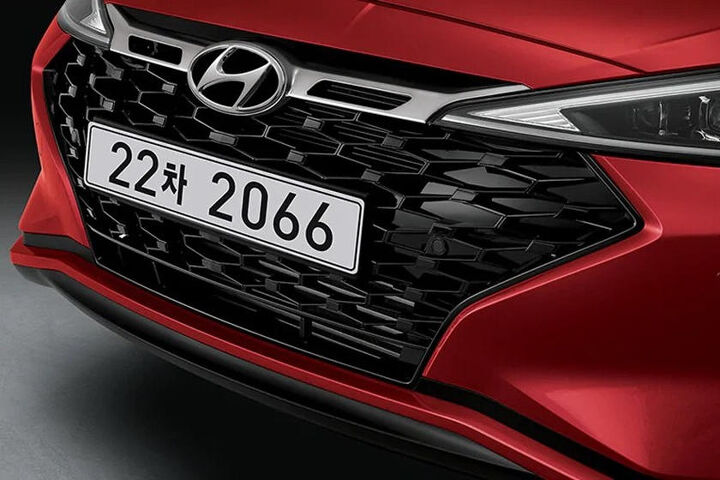South Korea: Auto Sales Tank As Coronavirus Spreads

An outbreak of novel coronavirus that leapt from China to South Korea last month sent auto sales tumbling in February.
While the South Korean outbreak originated in a tight-knit religious sect, it soon entered the surrounding community. The country’s government moved quickly to curtail the virus’ spread, declaring an extreme threat on February 23rd. It didn’t, however, lock down down its third-largest city, Daugu, in a China-style containment effort. Coronavirus cases in South Korea now top 4,200.
As the disease forces South Koreans to change their habits, one side effect has been the avoidance of new car dealers.
The year-over-year sales decline seen in February is not severe as that seen in China, where tens of millions were forced indoors and public spaces shuttered, but it’s still significant. Total new car sales volume fell 11 percent in February, according to Xinhuanet.
South Korea’s flagship marque, Hyundai, posted a year-over-year drop of 13 percent, with more than 40,000 vehicles shaved from its sales tally. The last time Hyundai posted monthly volume this low in its home country was 2010. Affiliate division Kia Motors fared better last month, recording a sales loss of just 5 percent.
With the most coronavirus cases outside of China, South Korea’s near-term outlook isn’t good.
“With sluggish consumption affecting demand on top of it all, means auto sales are certain to be hit in the first quarter, and the impact expected to continue until at least the beginning of the second quarter,” said Korea Investment & Securities analyst Kim Jin-woo in a note reported by Reuters.
Having already briefly idled production after the coronavirus stemmed the flow of parts from China, Hyundai was forced to shut down a plant in Ulsan on Friday after an employee tested positive for the illness. That city houses five Hyundai Motor Group plants.
For Hyundai, the past few years have been a wild ride. The automaker’s sales plunged in North America a few years ago after its car-heavy product mix clashed with rapidly evolving consumer tastes, forcing the company to embark on a ( so far successful) crossover vehicle offensive. At the same time, labor unrest roiled the company. Meanwhile, a missile-related spat with China saw the brand become persona non grata in that market, sinking sales by the hundreds of thousands. By 2019, Hyundai’s Chinese market share had sunk to to half of its former strength.
Now, the automaker has to contend with a sudden epidemic sinking sales and complicating production both at home and abroad.
[Image: Hyundai]

More by Steph Willems
Latest Car Reviews
Read moreLatest Product Reviews
Read moreRecent Comments
- MaintenanceCosts Poorly packaged, oddly proportioned small CUV with an unrefined hybrid powertrain and a luxury-market price? Who wouldn't want it?
- MaintenanceCosts Who knows whether it rides or handles acceptably or whether it chews up a set of tires in 5000 miles, but we definitely know it has a "mature stance."Sounds like JUST the kind of previous owner you'd want…
- 28-Cars-Later Nissan will be very fortunate to not be in the Japanese equivalent of Chapter 11 reorganization over the next 36 months, "getting rolling" is a luxury (also, I see what you did there).
- MaintenanceCosts RAM! RAM! RAM! ...... the child in the crosswalk that you can't see over the hood of this factory-lifted beast.
- 3-On-The-Tree Yes all the Older Land Cruiser’s and samurai’s have gone up here as well. I’ve taken both vehicle ps on some pretty rough roads exploring old mine shafts etc. I bought mine right before I deployed back in 08 and got it for $4000 and also bought another that is non running for parts, got a complete engine, drive train. The mice love it unfortunately.


































Comments
Join the conversation
Interactive map from Johns Hopkins - click on the red circles for Confirmed/Deaths/Recovered/ Existing figures by Country/Region (or you can change to City-State/Province view): https://gisanddata.maps.arcgis.com/apps/opsdashboard/index.html#/bda7594740fd40299423467b48e9ecf6
Slight correction: the city of origination is spelled "Daegu", not "Daugu" ("It didn’t, however, lock down down its third-largest city, Daugu").